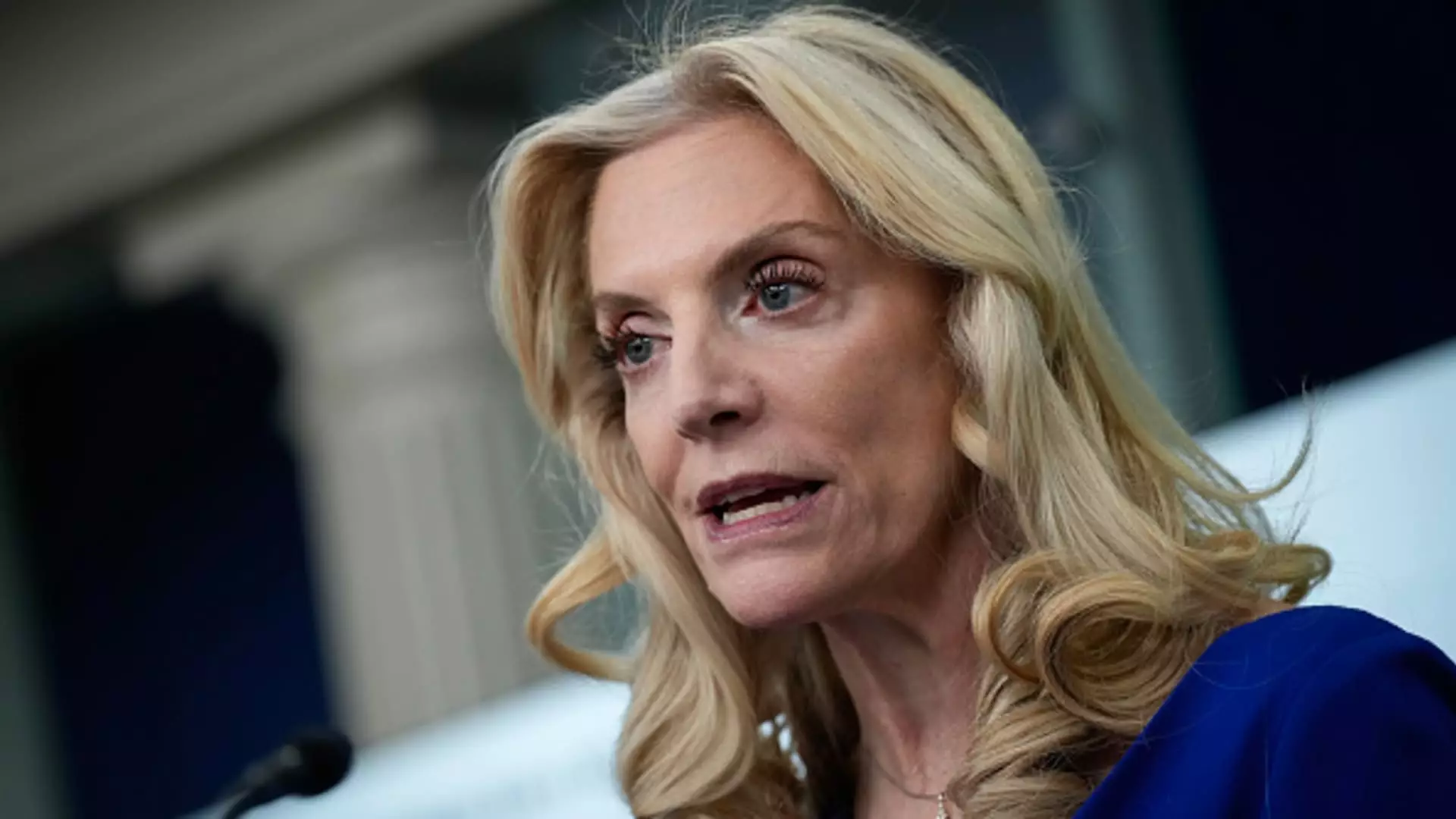President Joe Biden’s economic advisor recently addressed the forthcoming discussion surrounding the expiration of trillions of dollars in tax breaks implemented by former President Donald Trump. Without any modifications from Congress, certain provisions from the Tax Cuts and Jobs Act (TCJA) of 2017 will terminate after 2025. These include lower federal income tax brackets, an increased standard deduction, and a doubled estate and gift tax exemption, among others. Furthermore, the TCJA permanently reduced corporate taxes by decreasing the top federal rate from 35% to 21%.
The multitrillion dollar tax battle comes at a time when the national debt is already a topic of debate. The Congressional Budget Office has indicated that extending the TCJA tax breaks would escalate the budget deficit. According to a recent report, a full extension of the expiring TCJA tax breaks could potentially add $4.6 trillion to the deficit over the next ten years. The Trump administration and other Republicans advocate for the complete extension of these tax breaks.
In light of the impending tax debate, White House national economic advisor Lael Brainard emphasized the importance of fairness in the tax system and the nation’s fiscal future. She voiced the administration’s commitment to “tax fairness” and emphasized the desire to prolong expiring TCJA provisions for middle-class Americans, while increasing taxes on the ultra-wealthy and corporations to fund these extensions. Brainard criticized the original legislation for primarily benefiting the wealthiest individuals and failing to generate the promised economic benefits.
As part of the administration’s agenda for tax reform, Brainard outlined plans to quadruple the tax on stock buybacks and impose a 25% minimum income tax on billionaires. The administration’s goal is to ensure that tax cuts are not extended for those earning above $400,000. Simultaneously, House Republicans have initiated efforts to investigate and propose solutions to address the impending 2025 tax cliff.
House Ways and Means Committee Chairman Jason Smith, a Republican from Missouri, highlighted the potential consequences of allowing the 2017 Trump tax cuts to expire. He stated that an average family of four with an income of $75,000 would experience a $1,500 annual tax increase if these cuts are not extended. This underscores the significance of the impending tax debate and the potential financial implications for American households.
Overall, the looming debate over expiring tax breaks in the United States presents a complex and contentious issue that will require careful consideration and deliberation. The tug-of-war between extending tax cuts for the wealthy, ensuring tax fairness for the middle class, and addressing the national debt highlights the challenges faced by policymakers in crafting a tax system that is equitable and sustainable for all Americans. As the debate unfolds, the ultimate outcome will have far-reaching implications for the country’s economic landscape and the financial well-being of its citizens.


Leave a Reply